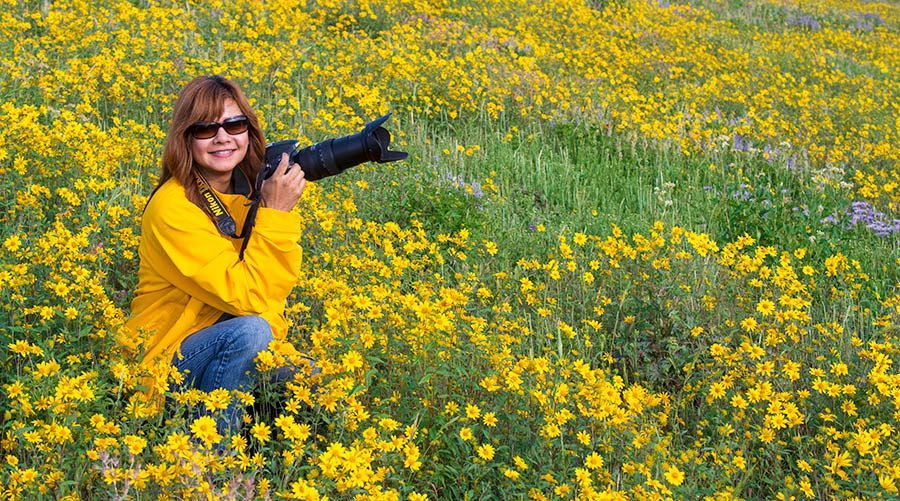 6 Tips: A photography tour, lesson or workshop
6 Tips: A photography tour, lesson or workshop
Springtime has arrived and the wildflowers are starting to appear in the local Wasatch Mountains near Park City Utah where I conduct my private photography tours. It is certainly my busiest time of year and so I thought it might be helpful to post what I feel are important things to consider when you are deciding between a photography tour, private photo lesson or a workshop.
With so many options these days when it comes to photography instructions selecting what’s right for you can be as overwhelming as opening up the 500 page User Manual for that new camera you want to learn how to operate…correctly. Doing a little research, offline, will help you in your online endeavors and help to reduce the search results a bit. What follows are a few things you might want to ask yourself first before typing “Photo Workshops” into the browser search window. This may be slanted towards someone just starting out but still hopefully offers options to keep in mind for all.
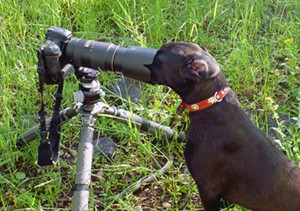
1) What are your current abilities?
Be honest with yourself when assessing your skills and check to see what level the workshop or tour is geared towards. Not everyone is going to be looking for the same level of instructions or will be at the same point in the learning curve so think about where you’re at currently, as well as what you hope to learn.
2) Tour, workshop or private lesson?
Tour= usually less instructions but with someone that knows where to go and when.
Workshop= several participants with instructions being a big “focus”.
Private Lesson/Tour= It’s all about you, your skill level and what you wish to accomplish.
OK, I did leave out a more formal option such as a college course but I think that’s a different ball game. Personally I offer all three options with the ability to customize any of my scheduled group tours into a private session.
I think workshops are great if you don’t necessarily feel the need for extensive personal attention from your instructor. People learn differently and with a workshop a question someone else raises may be the one you never considered.
If you decide a group workshop fits your needs keep the number of participants in mind and be certain of how many instructors will be on hand to help with your questions. If there’ll be more than one instructor will each be helping with all aspects of photography or will one be the “in the field” expert while the other is your “post processing” guru?
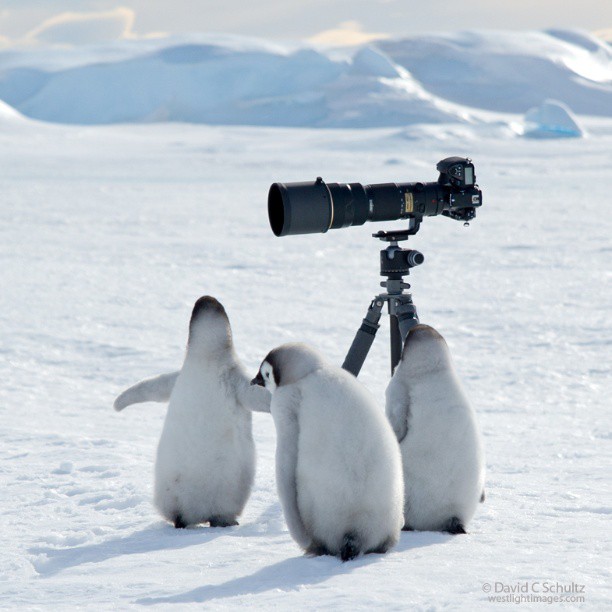
3) Do you work well with others?
This is something to consider when deciding between a group lesson/tour as opposed to the private option. Sometimes the private lesson is better if you’re just starting out, when you require more direct hands-on help just setting up your new camera. Even as an instructor it can be frustrating with all of the different models and features available on today’s digital cameras. So when teaching to 6-8 students all with different gear much more time is spent searching menus to find the same function on each model which in turn is time that is taken away from you as an individual.
4) Location, location, location…or not.
Let’s face it. A trip to an exceptional location such as Antarctica, taking a safari to Africa, or photographing ice-caves in Iceland may be on your “bucket list” but it may not be the best option when just starting out. I’m not saying it shouldn’t be considered by any means but sometimes having such dramatic scenery or demanding conditions might not make for the best learning environment when you’re still trying to gain knowledge on the basic camera settings. Obviously if you’re interested in learning a specific aspect of photography such as how to photograph stampeding horses you’re going to have to go where the horses are but hopefully by that time you know the difference between shutter speed and an aperture.
I personally think that if your interest is in nature photography being out in the field on location is a far better learning environment than sitting at the computer or a classroom. Check out opportunities close to home first if there are quality instructors nearby with a body of work you admire.
5) Time and budget.
Again, start close to home until you have a good handle on your camera’s basic features. This way you’ll get more for your money when you take a multi-day tour.
I happen to live in an area of the world where many people from around the world come to vacation anyway so I do get many clients that are just looking for a day out during a family trip or to take a break from skiing. That might be worth checking out next time you’re planning that family getaway. Find a local expert for instructions or perhaps just as a guide. TripAdvisor can be a good resource and along with listing different options you can read reviews from others.
Be sure to understand exactly what you’ll receive for your $’s! What’s included and what is not. Factor in those additional costs. This should include your travel time both getting to the location of the workshop but also how much time will be spent getting from one shooting location to the next. Most of my trips are based on a central shooting location so as to reduce time checking into and out of lodging or commuting.
Of course time also refers to when you have the time, and how much time will you have. If you’re beyond the real basics of photography and are considering a photo tour or workshop having a good idea of when you can actually get away will help narrow down that search.
6) Review their work…and their reviews.
Seems obvious but don’t just look at the cost or location but also and for me the first thing I would do is look at the instructors portfolio. Make sure you’re looking at THE instructors images not a collection of images pulled together by some of the larger workshop organizers that may have a number of photographers leading courses.
There’s nothing at all wrong with the larger operations with a number of instructors, in fact it can be a good thing, but make sure you know who you’ll be working with and assess their skills. If you’re going to be with a larger group and more than one instructor will be helping you out review his/her work as well. Search the different photo sharing and social media sites as well as this might give you some insight into the guide’s personality. Being a great photographer doesn’t always equate to being a great instructor.
So, tell me what do you, or did you, look for when considering options to help improve your photography skills?



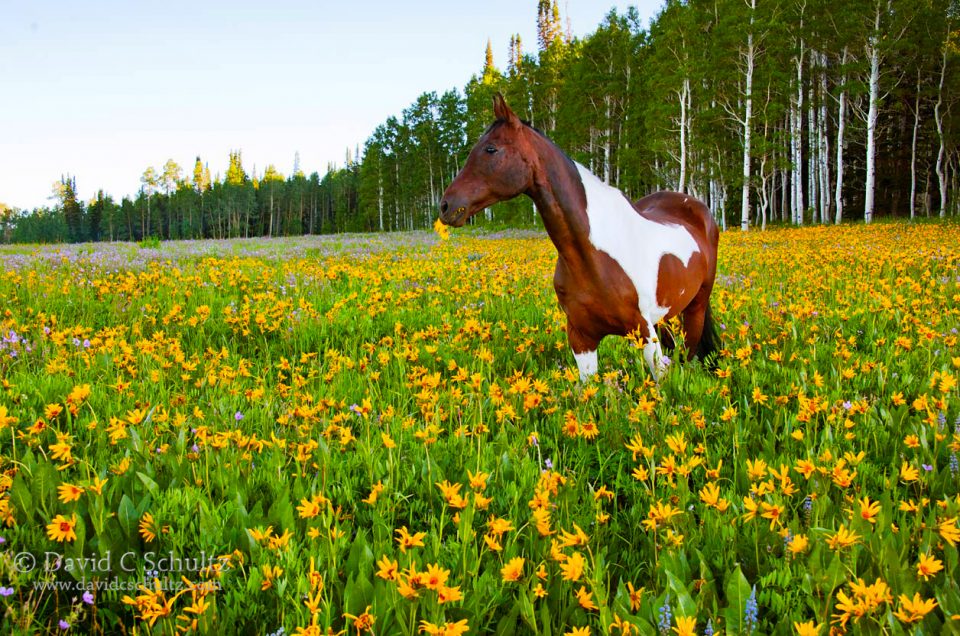
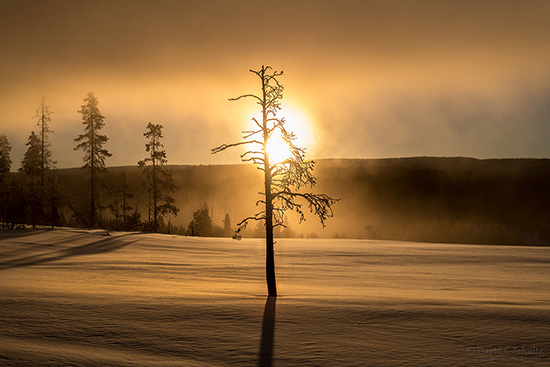
2 Comments
Excellent points on deciding between a tour, lesson or workshop David :)
Cheers
Thanks for the comment. I’ve given many tours and lessons over the years and I often get asked about the differences. With the large number of options being offered these days I think it’s important for people to have an understanding of these points so they can make the right choice for their skills and expectations. Take care! David